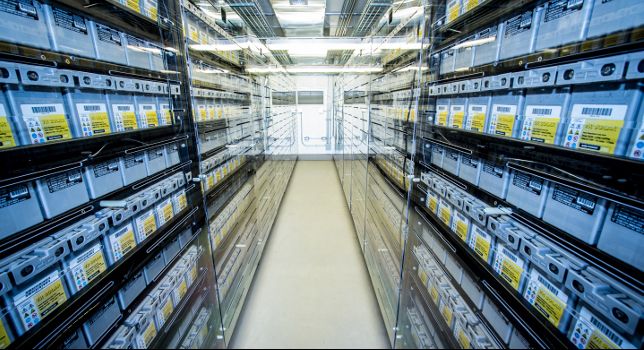
Three shipping containers parked in the industrial park of this midcoast Maine community contain 600 batteries that collectively have enough capacity to power 100 houses for a day, part of a comprehensive pilot program designed to prevent transmission lines in the area from overloading in summer.
According to an article in the Portland Press Herald, the battery array is the first utility-scale storage system for electricity in New England.
Batteries and other storage and generation devices can help even out the load on the grid by feeding in electricity at times when solar or wind output drops and demand is high.
In Boothbay, the sealed glass-mat batteries are charged at night when demand for electricity is fairly low. In the morning, the batteries are ready to provide electricity when and if they are needed, the Press Herald reported.
The batteries are part of a pilot program called GridSolar that’s designed to keep power lines from being overloaded on hot summer days when the Boothbay peninsula is packed with tourists–and hotels, restaurants and shops are drawing a lot of power. In addition to the batteries, the pilot program has seen the installation of thousands of LED lights, the deployment of photovoltaic panels with a total rated capacity of 250kw, and a thermal storage system in which electricity is used to make ice at night to supplement air conditioning during the day.
In all, the newspaper said, these measures can produce and/or conserve 1.8mw of electricity.
Less expensive than new transmission lines
The pilot project is being run by GridSolar LLC in Portland, Maine, for the Maine Public Utilities Commission. It was developed in a partnership led by Convergent Energy + Power of New York City.
Convergent didn’t disclose the price of the battery system, but GridSolar said in a filing that the energy costs three times as much as the net price of solar and is five times as costly as conservation measures, the newspaper said. Even so, the cost to ratepayers is only a third of the $18 million it would cost to build a new transmission line to the community. Boothbay Harbor is at the end of a peninsula, 10 miles from the major coastal highway, Route 1.
GridSolar points to a variety of advantages for Maine from what it calls the “smart grid platform.” They include a reduction in greenhouse gas emissions, enhanced business opportunities, and lower electric rates.
“Technologies like this are fairly small, but they respond very fast,” Steve Rourke, vice president of planning at New England’s grid operator, told the newspaper.
New England saw 900mw of PV installed last year, which could double by 2023. Wind energy is expected to match that.
“The more solar we see, the more wind we get, it could become more important to use batteries to ride through the variability, minute to minute,” Rourke told the Press Herald.
Fine Homebuilding Recommended Products
Fine Homebuilding receives a commission for items purchased through links on this site, including Amazon Associates and other affiliate advertising programs.

Handy Heat Gun

Affordable IR Camera

8067 All-Weather Flashing Tape
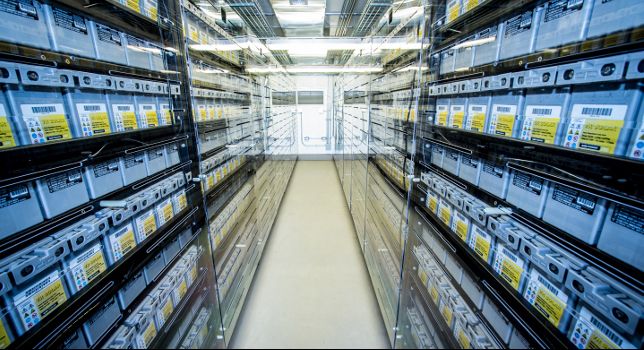
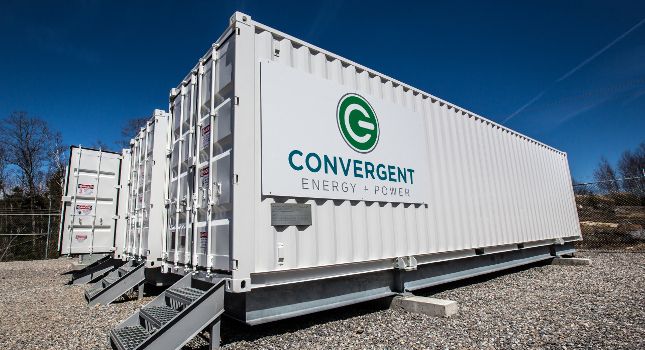
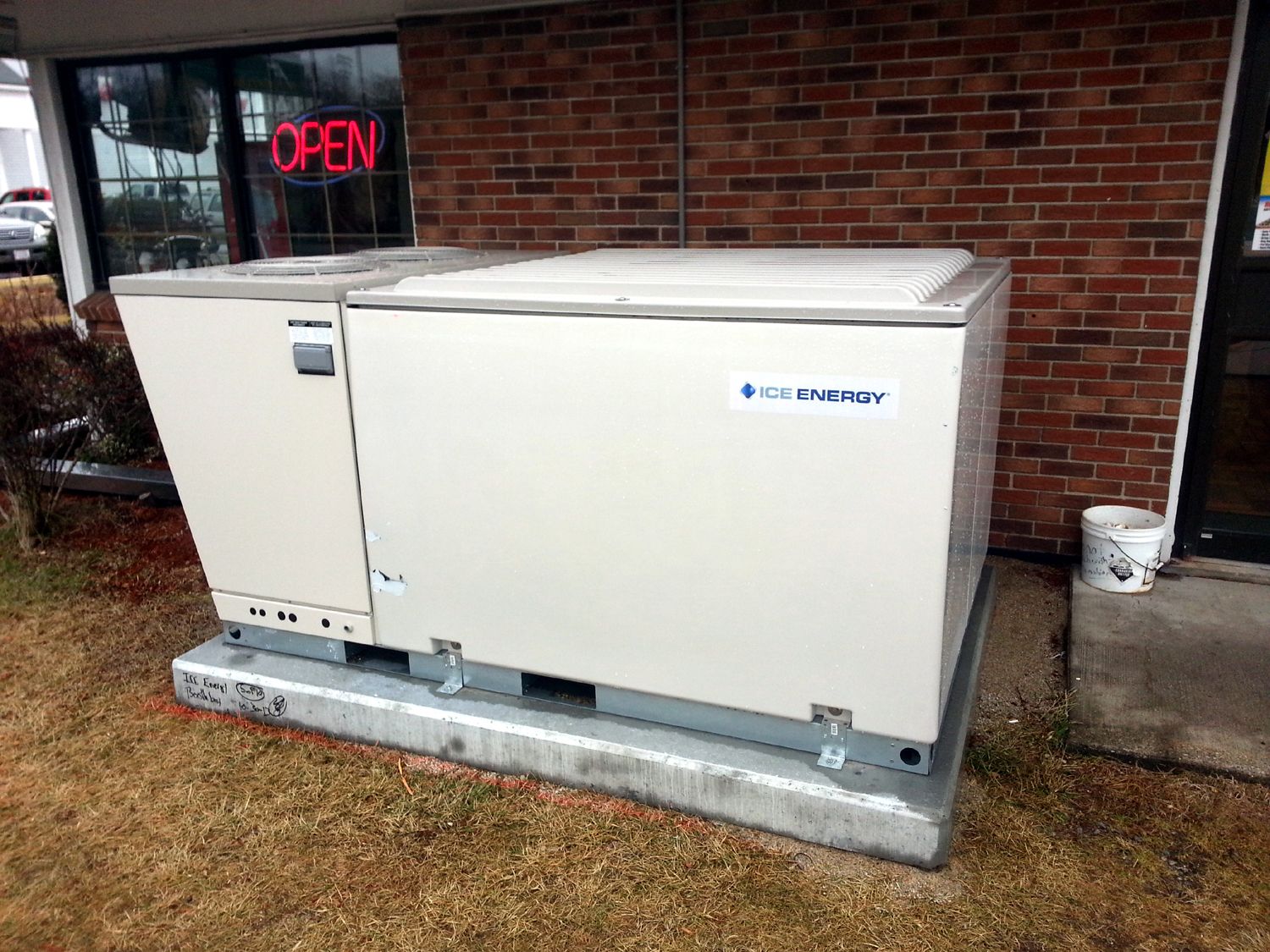

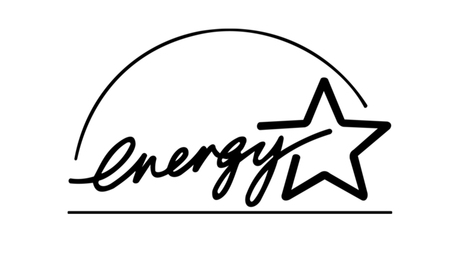

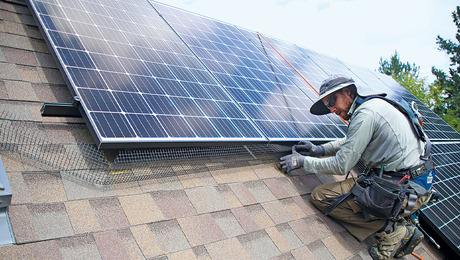









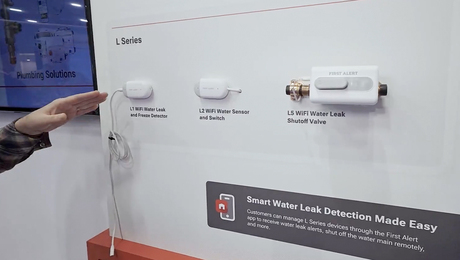













View Comments
I'm happy to see new solutions to keep track of all the units of energy that are on the grid!